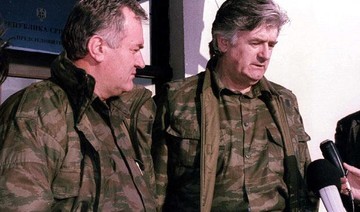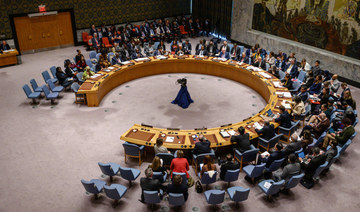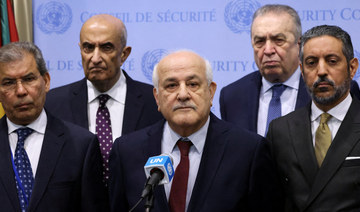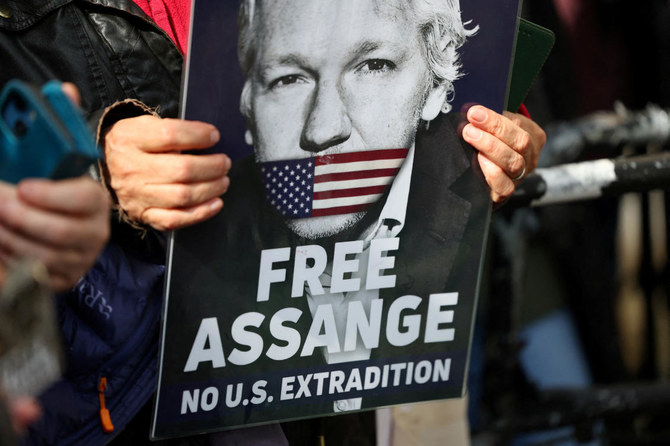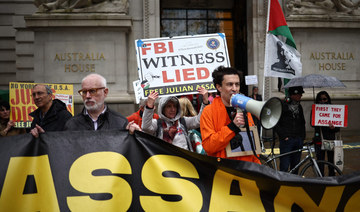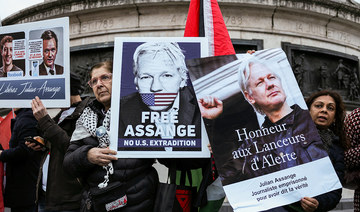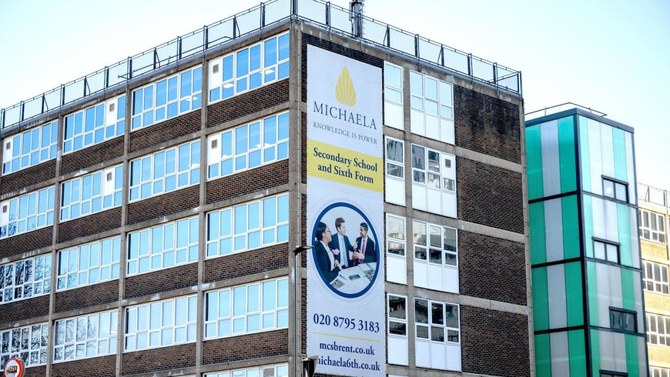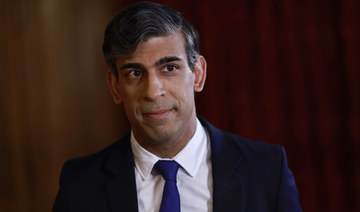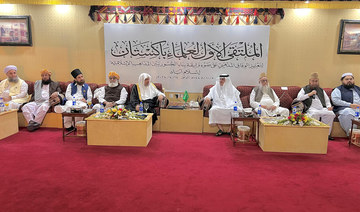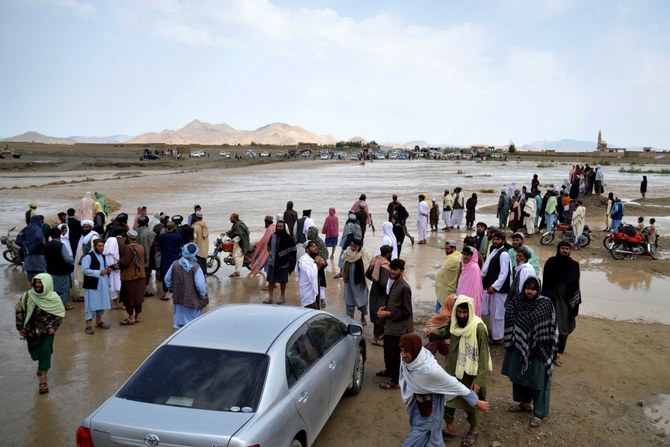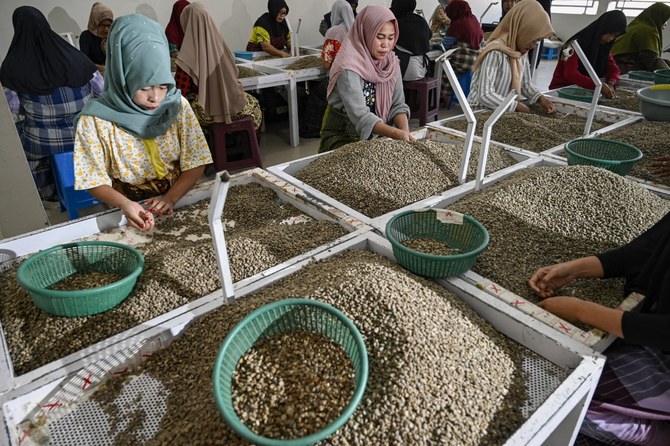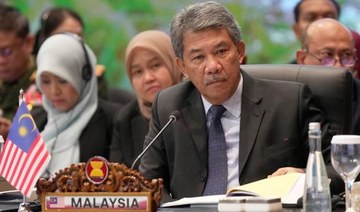THE HAGUE: UN judges will rule Wednesday on former Bosnian Serb strongman Radovan Karadzic’s appeal against his conviction for genocide and other atrocities during the bloody civil war in the 1990s.
Karadzic was sentenced in 2016 to 40 years in jail for his role in the bloodshed in Bosnia, including the mid-1995 Srebrenica massacre, Europe’s worst atrocity since World War II.
The Hague court ruling on the fate of the 73-year-old will be one of the last remaining cases springing from the catastrophic break-up of the former Yugoslavia after the fall of communism.
More than 100,000 people died and 2.2 million were left homeless as the 1992-1995 conflict pitted Muslims, Serbs and Croats against each other.
A poet and psychiatrist-turned ruthless political leader, Karadzic was found guilty on 10 counts including genocide at Srebrenica, where almost 8,000 Muslim men and boys were murdered.
Karadzic was also convicted of orchestrating the nearly four-year siege of the Bosnian capital Sarajevo in which some 10,000 people died during a campaign of sniping and shelling.
Srebrenica survivors called for Karadzic to be locked up for the rest of his days.
“Like all other survivors of the Srebrenica genocide, I expect Radovan Karadzic to be sentenced to life imprisonment,” Amir Kulaglic, 59, told AFP during a recent rally in Bosnia.
Karadzic, who still cuts a distinctive figure in court with his trademark white mane of hair, has denounced his conviction as the result of a “political trial” and appealed on 50 grounds.
At his appeal hearing, he said he “never had anything against Muslims, we considered them Serbs with a Muslim religion” adding: “Serbs, Croats, Muslims, we are one people, we have one identity.”
His lawyer at the appeal said UN judges “presumed him guilty and then constructed a judgment to justify its presumption.”
Karadzic was convicted by the International Criminal Tribunal for the former Yugoslavia (ICTY), but that is now defunct, so the appeals hearing is being conducted by the International Residual Mechanism for Criminal Tribunals.
Karadzic’s military alter-ego, former Bosnian Serb army commander Ratko Mladic, dubbed the “Butcher of Bosnia,” is also currently appealing a life sentence on similar charges.
Former Serbian president Slobodan Milosevic, Karadzic’s long-time patron during the war, was also on trial at the ICTY until his death in custody in 2006.
Bosnia gained its independence a year after the former Yugoslavia fractured in 1991 following the fall of communism.
Bosnian Serbs, however, boycotted a referendum on independence and instead, under the leadership of Karadzic and Mladic, declared a separate Serb entity called the Republika Srpska.
UN prosecutors said that in the bitter war that ensued with Bosnia’s Muslim-led government, Karadzic and his allies “knew they would need to spill rivers of blood to carve out the ethnically-homogenous territory.”
The prosecution also wants judges to reverse his acquittal on a second charge of genocide.
Some victims have expressed fears that the replacement of the top appeals judge during the hearing would affect the outcome of the case.
Judge Theodor Meron withdrew after lawyers for Karadzic and Mladic said he and two other judges may not be impartial because they had previously dealt with other cases dealing with the same facts.
Meron denied the claims, insisting that he would have “continued to adjudicate the Karadzic case with an impartial mind.”
Izabela Kisic, executive director of the Helsinki Committee for Human Rights in Serbia said she expected Karadzic’s sentence to be upheld on appeal.
But she said she did not expect Belgrade “to accept the verdict.”
“Serbia has denied war crimes for a long time and its relation toward the war in Bosnia has not changed at all,” she told AFP.
“In fact, in the last several years the situation drastically deteriorated, there is no rational approach to what happened and no acceptance of the verdicts coming from the ICTY.”
In Bosnia too, Serb political leaders have questioned the severity of the Srebrenica massacre.
The government of the Republika Srpska — today a semi-autonomous entity within Bosnia — last year scrapped a 2004 report on the killings and set up a new international commission to re-investigate the crimes.




